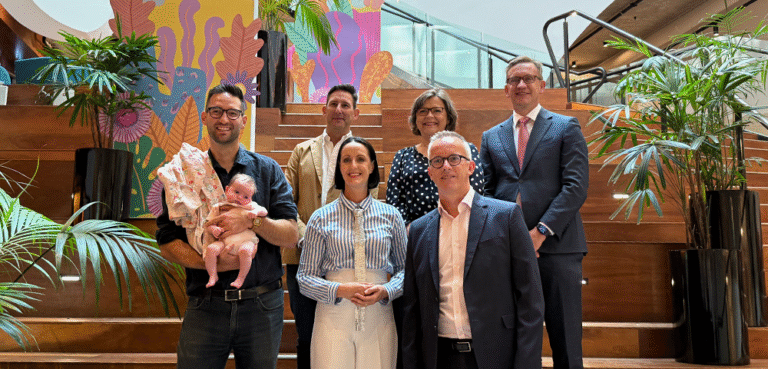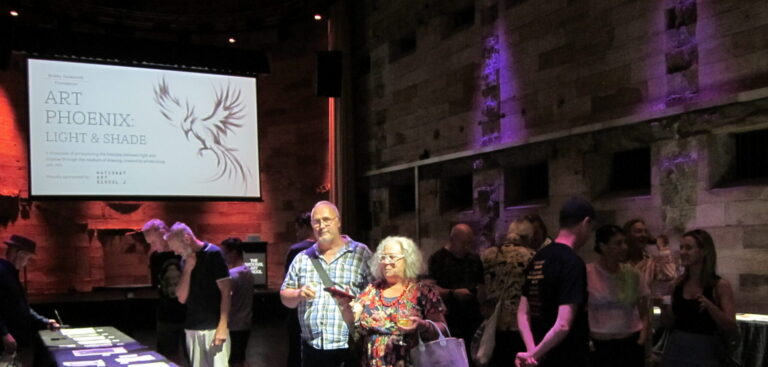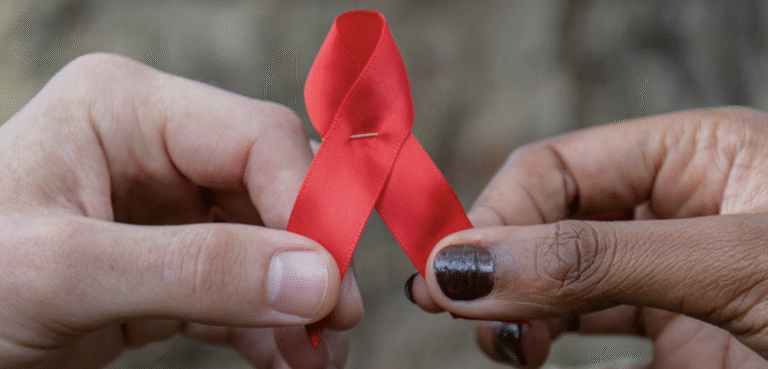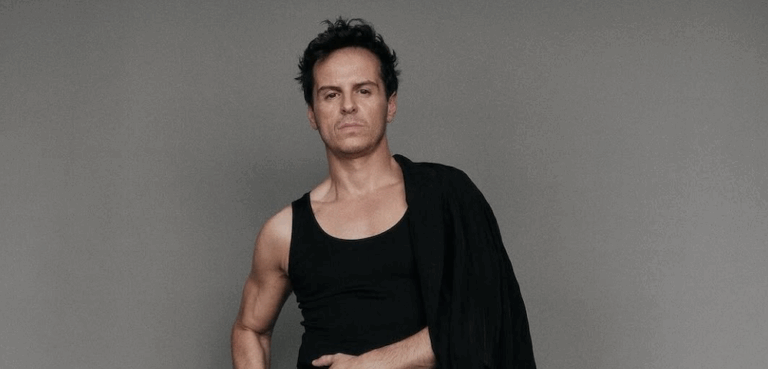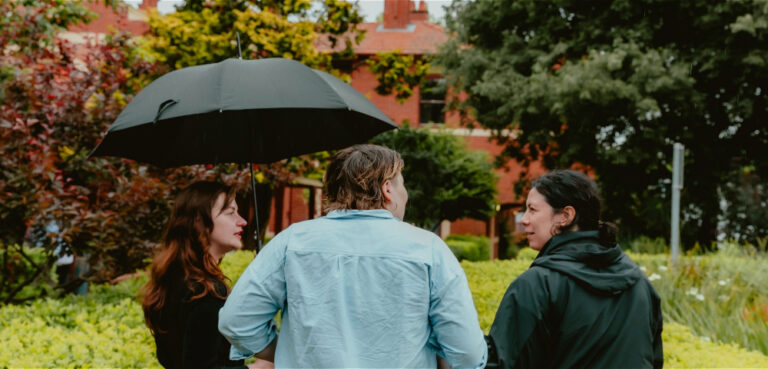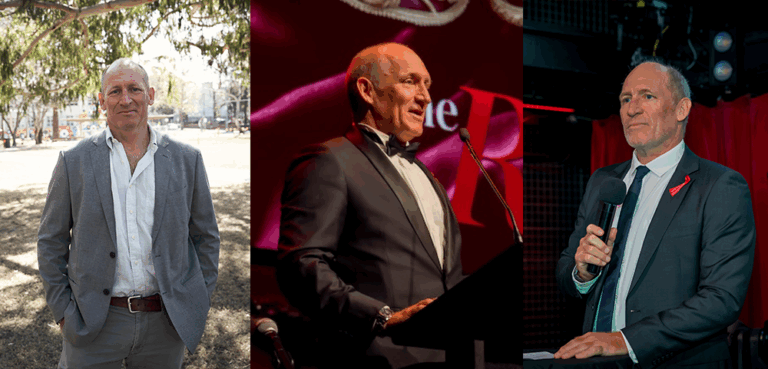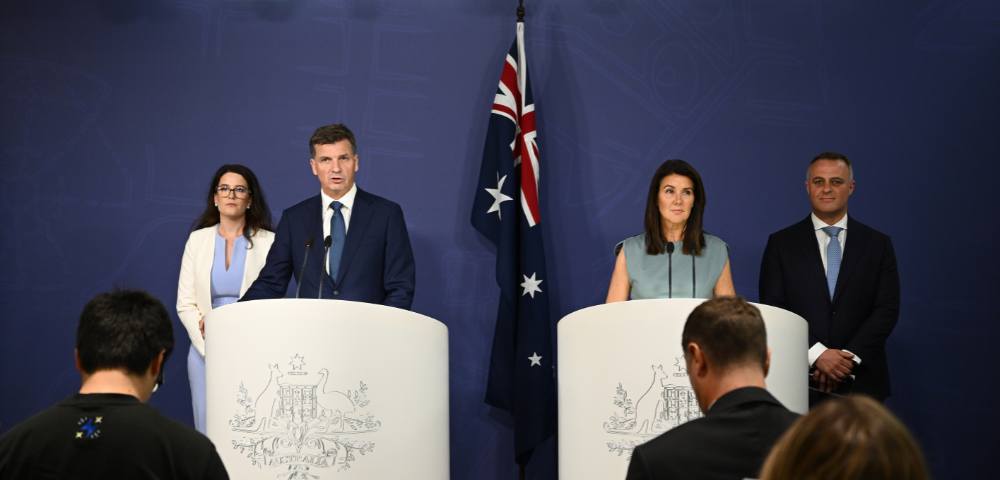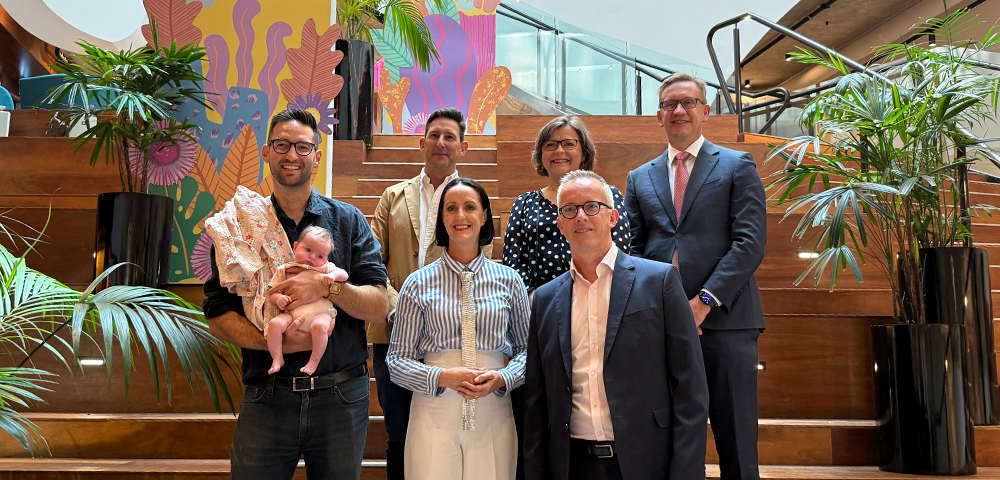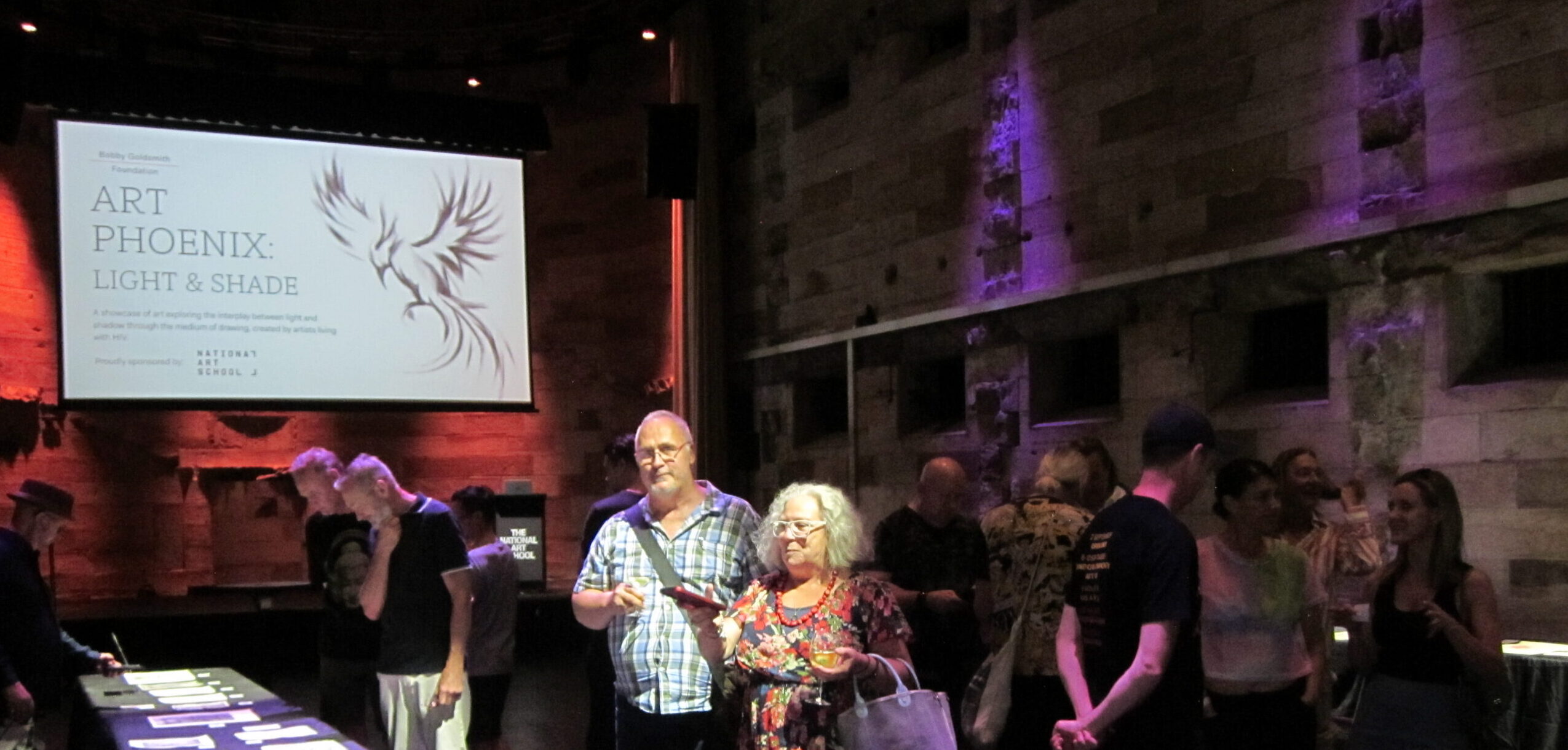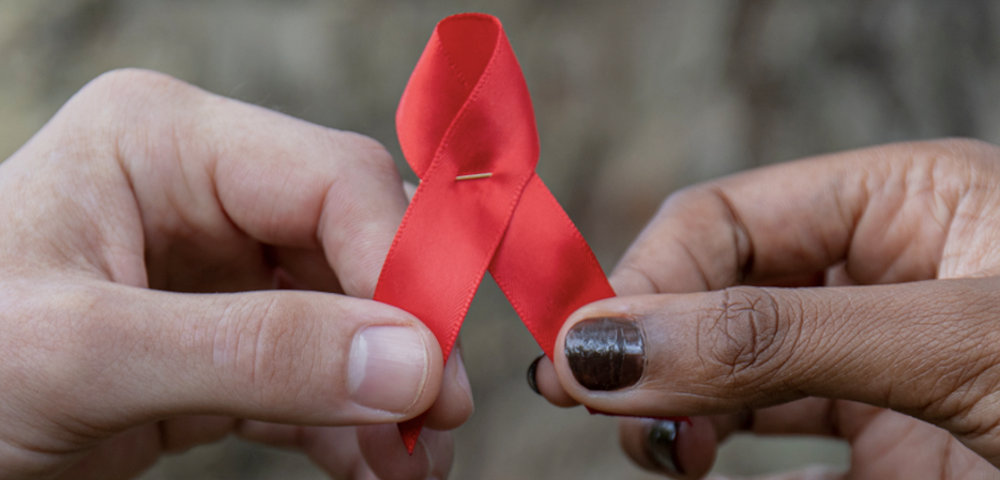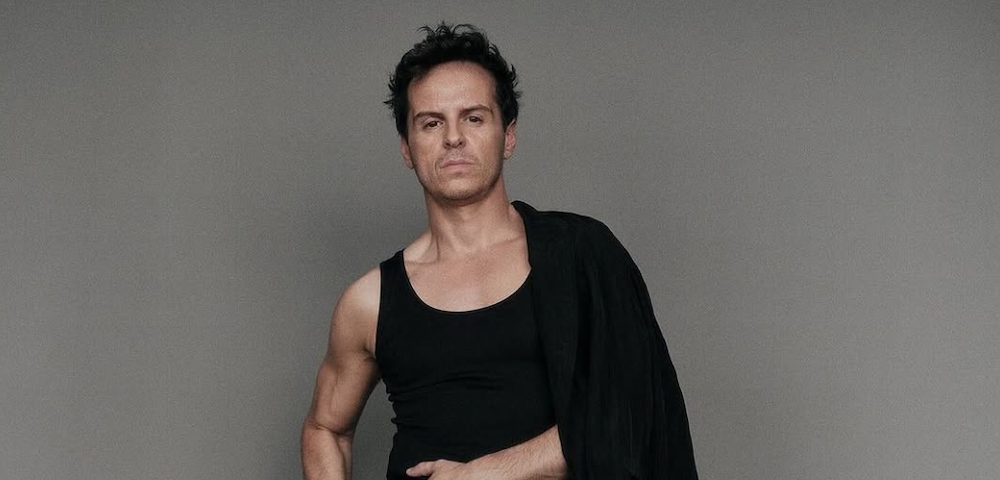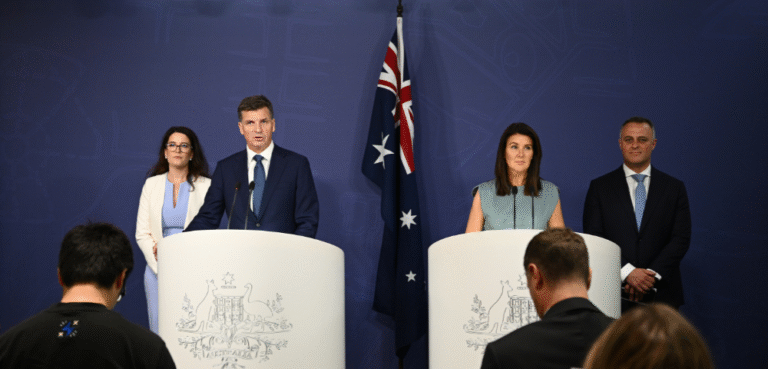
A friend indeed – the tender hand of HIV/AIDS organisations

 HIV has been with Australia for three decades now. Since the epidemic began in the 1980s, a total of 34,029 Australians have been diagnosed with the virus. The latest figures from the Kirby Institute’s Surveillance Report for 2012 showed there was a 10 per cent increase in new cases of HIV in the country in one year alone. It is thought that between 28,000 and 34,000 people are currently living with HIV in Australia, of whom approximately 10,000 or so have yet to been diagnosed.
HIV has been with Australia for three decades now. Since the epidemic began in the 1980s, a total of 34,029 Australians have been diagnosed with the virus. The latest figures from the Kirby Institute’s Surveillance Report for 2012 showed there was a 10 per cent increase in new cases of HIV in the country in one year alone. It is thought that between 28,000 and 34,000 people are currently living with HIV in Australia, of whom approximately 10,000 or so have yet to been diagnosed.
Yet, for all the statistics and research available, all still rarely do we glimpse the faces of those living with HIV today, and rarer still do we hear from them in their own words. This week, the Star Observer talks to three people affected by HIV; about the challenges they faced and the vital assistance they have received to help rebuild their lives from community groups, many of which remain underfunded despite each year bringing greater hope of end to HIV transmission and a final cure.
Ankali Project
A cure for HIV was a long way off Shane Tredinnick’s mind in 2009. Diagnosed with HIV, Tredinnick was quite frankly at rock bottom. Born in Newcastle and growing up in the Hunter coalfields (“a very anti-gay place,” he recalls), the 48-year-old is quite blunt when telling the Star Observer this week that he believed there was not much left for him in this world at the time.
“I had been in Sydney for roughly about 20 years and during that time I discovered that the majority of the gay scene in Sydney is so judgemental, particularly if you’re HIV and not one of the beautiful people,” he recalls.
“Even after 20 years I didn’t have many friends in Sydney. I was going through a particularly rough patch where I had basically given up and didn’t want to live anymore. I spent roughly 12 months in bed, not eating, not doing anything.”
That changed one day when a realisation swept across his mind.
“When I finally snapped out of it I was in a pretty bad way. I was also in a wheelchair because I have problems with my knees and osteoporosis as a consequence of the antivirals I was taking. I decided that one of the best things I could probably do for myself was get myself a friend. I thought if I can’t find one, I’ll buy one,” he jokes.
Enter the Ankali Project – set up in 1985 to provide emotional and social support to people living with HIV (PLHIV). One phone call to them changed Tredinnick’s life for the better. The service run by the Albion Centre matches friendly volunteers with HIV-positive people seeking companionship.
“I’ve been seeing Peter, the person Ankali matched me up with, since about 2010 and we’ve become quite good friends,” he tells the Star Observer.
“It gives me opportunity to get out of the house. Peter will take me for a drive to the beach or we will go somewhere and have a coffee and cake or just a walk. He’s someone to talk to apart from my partner. He is someone else in my life that I needed to break up the boredom and loneliness.”
According to Tredinnick, many of Ankali’s clients suffer from similar problems of isolation, stigma, and depression and that the organisation offers one thing other groups cannot.
“I’ve got a friend – that’s the biggest difference. That’s what I needed and that’s what I got. It wasn’t just a volunteer, or not just somebody who wanted to give back to the community but an actual friend. He’s someone who rings me up and asks how I’m going and we catch up regularly. He cares and over the last three years we’ve become quite close.”
Living Positive Victoria
Richard Keane received his diagnosis in 1990 when he was 19. Around that time, he began running a peer support group at People Living With HIV/AIDS (PLWHA, now Living Positive Victoria) which he continued for a number of years.
It wasn’t until 2005 that Keane transitioned from a service provider to a service user after some chronic health problems led to his feeling socially isolated and depressed as he’d distanced himself from friends and family. “I had to seek help from those I’d provided help to,” said Keane in describing the transition from provider to user.
After regularly attending LPV social event Planet Positive for a number of months, he began to feel like he was reconnecting with his community. “I built up friendships there,” Keane said, “hearing their stories really changed my insights into my skills and what I had to offer.”
Keane is now the Vice President of LPV and praises the organisation for their being a positive people’s organisation where they want clients to reach their full potential.
“LPV uses the thing that defines us to redefine ourselves. People can see me, see what I’ve done and how far I’ve come and think ‘I can do that’,” remarks Keane.
Aside from using shared lived experience in order to provide a number of social, financial, medical and psychological support programs, LPV also focuses on advocacy to combat social disadvantage and undue criminality.
“LPV has let me make use of my authentic voice and I thank them for that” said Keane.
BGF
Like Tredinnick, another person having a hard time of it in 2009 was Justin Xiao. Then just 21-years-old, Xiao attempted to take his own life in October of that year after hearing his partner had been killed in a car accident. Spending three days in hospital, Xiao was discharged but a while later was informed by doctors that he was HIV-positive. Ironically, it was the diagnosis that gave Xiao not only the will to live but also the strength to reach out. And when he did, the Bobby Goldsmith Foundation (BGF) was there.
Australia’s oldest HIV charity, BGF has recently launched a new fundraising and awareness drive, ‘Living with HIV’, in response both to recent jumps in new HIV infections as well as enduring myths around the virus. An aspiring sculpture and installation artist, Xiao tells the Star Observer it took him a few years to seek outside help.
“I was experiencing financial difficulty and I was homeless. At the time, I was living with HIV for four years so while I had dealt with the emotions much earlier, I was not in a good way, with my general living conditions,” he says.
“BGF were friendly, supportive and caring. I had my own social worker at BGF and she helped me get in contact with services because I am a full time student. These included Centrelink and community housing and even getting me a health care card and helping pay for my HIV meds.”
Now chasing his dream of being an artist full-time, Xiao says he owes a lot to BGF.
“Without BGF I would have had to withdraw from uni and I would not have a home,” he says. “They have changed my life so much for the better.”
INFO: For more information about Ankali, visit here or call (02) 9332 9742.
For further information about Bobby Goldsmith Foundation, visit here or call (02) 9283 8666.
Visit here for more information on Living Positive Victoria or call (03) 9863 8733.
This week’s collaboration was with Serkan Ozturk, Regan Brantley & Ben Riley
